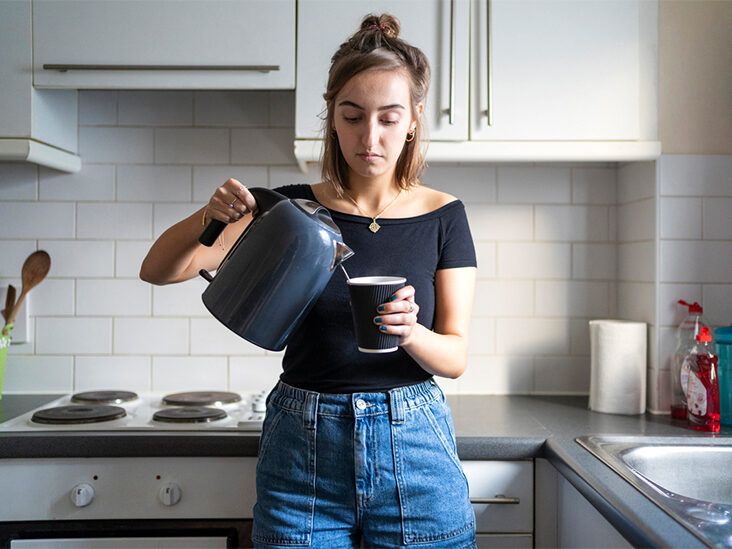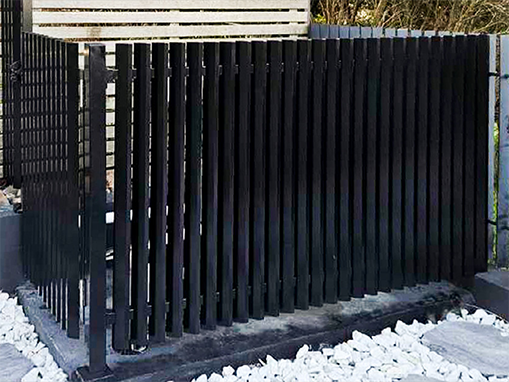Record number of patients waiting 18 weeks for NHS treatment, new figures show
NHS England figures also show that a total of 153,134 urgent cancer referrals were made by GPs in England in June 2020, down from 194,047 in June 2019 – a drop of 21 per cent.
This is the number of people referred to a cancer consultant by a GP for a first appointment.
Urgent breast cancer referrals showed an even bigger drop, down from 14,885 in June 2019 to 8,495 in June 2020, a fall of 43 per cent.
The figures are “worryingly low” and suggest “an alarming backlog of undiagnosed cancer,” as well as a growing number of people yet to start treatment, warned Sara Bainbridge, head of policy and influence at Macmillan Cancer Support.
“This could directly impact on many of these people’s chances of survival.
“To ensure services are able to catch up we need the Government to deliver the recovery plan promised and continue to address the scale of the challenge by securing more staffing and resources,” she said.
In response to the figures an NHS spokesperson said 92 per cent of urgent cancer referrals have been investigated within two weeks and 85,000 people have stated cancer treatment since the beginning of the pandemic.
“More people are now coming forward for a cancer check, with 45,000 extra referrals this month, and the key point remains that anyone who is concerned about a possible symptom should contact their GP and get a check-up,” they said.
But experts have warned NHS performance remains “poor and concerning”.
Dr Nick Scriven, immediate past president of the Society for Acute Medicine, said: “These are worrying times for the NHS given the threat of a second wave of Covid-19 in addition to all of the other pre-existing issues such as bed capacity, staffing, funding and social care provision.
“Performance remains poor and concerning and, with what we know will be a challenging winter ahead, it will take more than a token cash injection announced by the Prime Minister this week to make up for years of neglect.”








